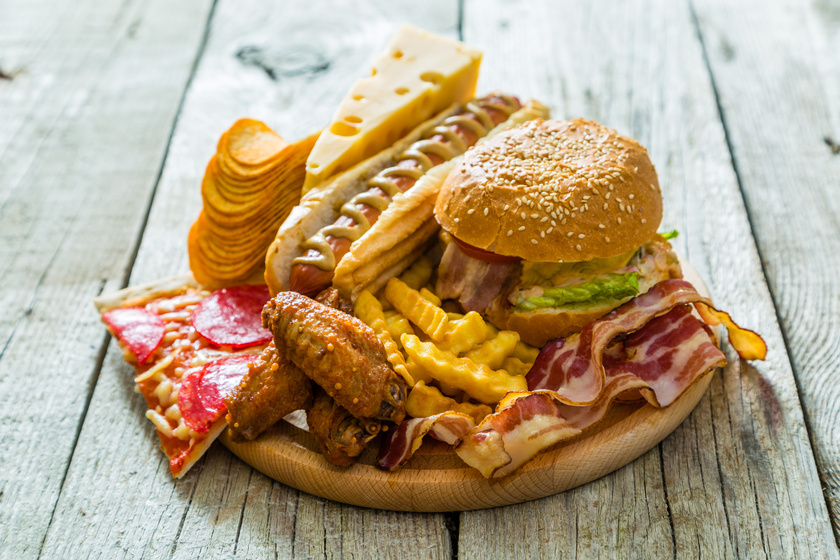Dementia is a condition that affects the brain and its ability to function correctly. As such, it can be difficult for people with dementia to maintain their health and well-being. Regarding diet, this means avoiding foods that could cause unnecessary stress on their digestive system or lead to other complications down the road. Below are some common foods to avoid for dementia:
Foods High In Sugar
You might be surprised to learn that, despite the many adverse effects of sugar, it is still a source of energy for the brain; however, since the body can’t store glucose as efficiently as it can store fat or protein when you eat sugar, your blood glucose levels spike.
This may sound like something that’s not going to cause any problems at all—after all, we’re used to feeling good after eating sugary foods like candy bars or ice cream sundaes. But when blood glucose levels spike quickly and then drop rapidly (as they will if you overeat sugar), this can stress your body and cause weight gain.
It also means that insulin levels rise sharply before plummeting again—which can cause inflammation throughout your body and disrupt other metabolic processes in ways we’re just beginning to understand but which have been linked independently with dementia risk.
Processed Grains
Processed grains are a common ingredient in many foods. Examples of processed grains include white and brown rice, pasta, oatmeal, crackers, and breads. The refining process removes most of the nutrients from whole grains, resulting in foods high in sugar, sodium (salt), calories, and fat. This can cause blood pressure to increase or cholesterol levels to rise — both risk factors for dementia.
Processed meats may also be harmful to people with dementia because they’re high in saturated fat and sodium (salt).
Raw Honey
As you might guess from the name, honey contains botulinum toxin. That’s a fancy way of saying it can cause botulism – a severe illness that can be fatal if not treated immediately. Botulism is caused by eating food contaminated with Clostridium botulinum spores (which are found in soil).
White Rice
This is something you should always be aware of. White rice has been stripped of all nutrients and fiber, so it’s low in fiber and high in carbohydrates. It can also cause digestive problems for people with dementia because it isn’t easy to digest.
Salt-Rich Foods
Salt is a major source of sodium, which can cause fluid retention and swelling in people with dementia. This can lead to puffiness and bloating of the face and hands, as well as swelling in the feet, ankles, and legs.
Salt also causes high blood pressure (hypertension), which increases the risk for heart disease and stroke—two common health problems among individuals with dementia. The American Heart Association recommends that adults have no more than 1,500 milligrams (mg) of sodium daily; however, most Americans consume twice this amount daily.
Caffeine
Caffeine can cause nervousness, jitteriness, restlessness, and insomnia. It can also cause anxiety and irritability in your loved one. Caffeine is a stimulant that may raise their heart rate and blood pressure. In addition to these possible symptoms (which could be signs of other health issues), caffeine can also cause tremors in people with dementia.
Alcohol
Alcohol is a common culprit in many situations where a loved one with dementia is confused and agitated. Alcohol can negatively impact behavior, cause confusion, disorientation, and memory loss, increase the risk of falls and injury, and lead to dehydration and malnutrition.
Conclusion
We hope that this list of foods to avoid has helped you understand the importance of making decisions based on your loved one’s health and needs. If you want to know more about what food choices are best for your loved one with dementia, we encourage you to talk to a doctor or registered dietitian who can provide expert advice.







